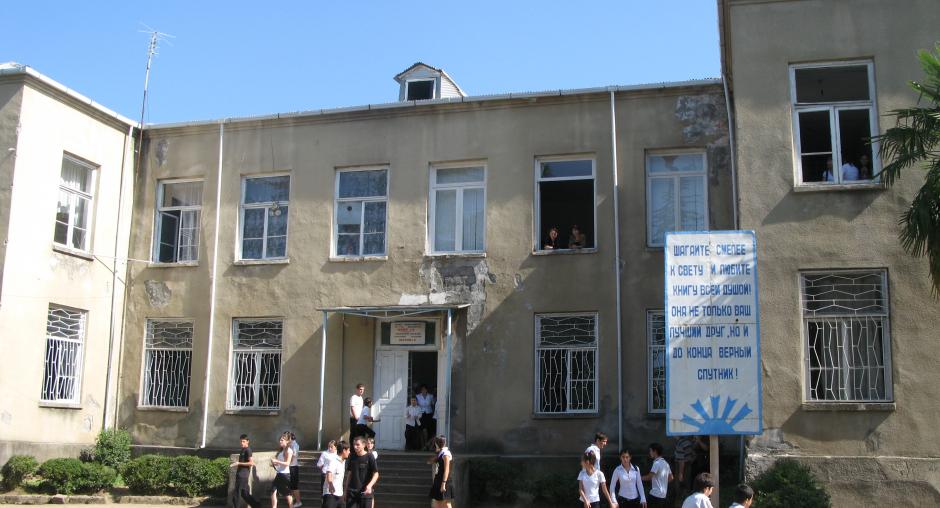Statement by the OSCE High Commissioner on National Minorities following visit to Georgia

THE HAGUE, 23 September 2008 - The following statement was released today by the OSCE High Commissioner on National Minorities, Knut Vollebaek, following his 14-20 September visit to Georgia:
"Last week I travelled to Georgia in order to assess the inter-ethnic situation in Abkhazia and South Ossetia. While I had helpful talks with the de facto authorities in Abkhazia, I was prevented from visiting South Ossetia. This is deeply regrettable.
"In Tbilisi and Gori I had detailed interviews with internally displaced persons (IDPs) who had fled Abkhazia and South Ossetia. Their accounts, as well as reports by representatives of international organizations providing assistance to them, raise serious concern about the situation in South Ossetia and the adjacent areas under Russian control.
"I reiterate that international norms and standards require that any authority exercising jurisdiction over population and territory, even if not recognized by the international community, must respect the human rights of everyone, including those of persons belonging to national minorities. Whoever controls South Ossetia and Abkhazia must respect the rights of ethnic Georgians resident there and must allow those who had been forced to leave the two regions to return to their former places of residence.
"I urge the de facto authorities of South Ossetia to allow me to assess fully the situation on the ground. The fact that the international community does not have access to some parts of South Ossetia and the villages adjacent to it gives rise to suspicion that there is something to hide there.
"In Abkhazia, I discussed with the de facto authorities ways in which I could assist their endeavours to strengthen the Abkhaz language and identity in the region. I underlined that measures to reinforce the role of one language and culture should not be pursued at the expense of other languages and cultures. In this context, I visited two schools in the Gali District, where a vast majority of the population is ethnic Georgian. I called upon the de facto Abkhazian authorities to allow ethnic Georgian students in the region to study in Georgian.
"I also emphasized that the decision of the de facto leadership to strengthen the 'border' of Abkhazia with Georgia should not lead to the separation of the ethnic Georgian population in the Gali District from the rest of Georgia."
